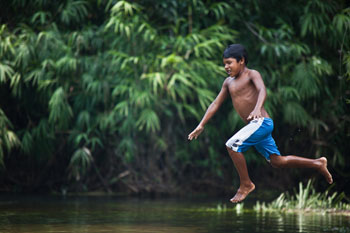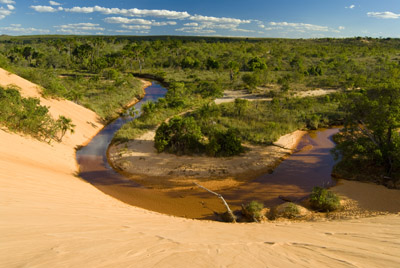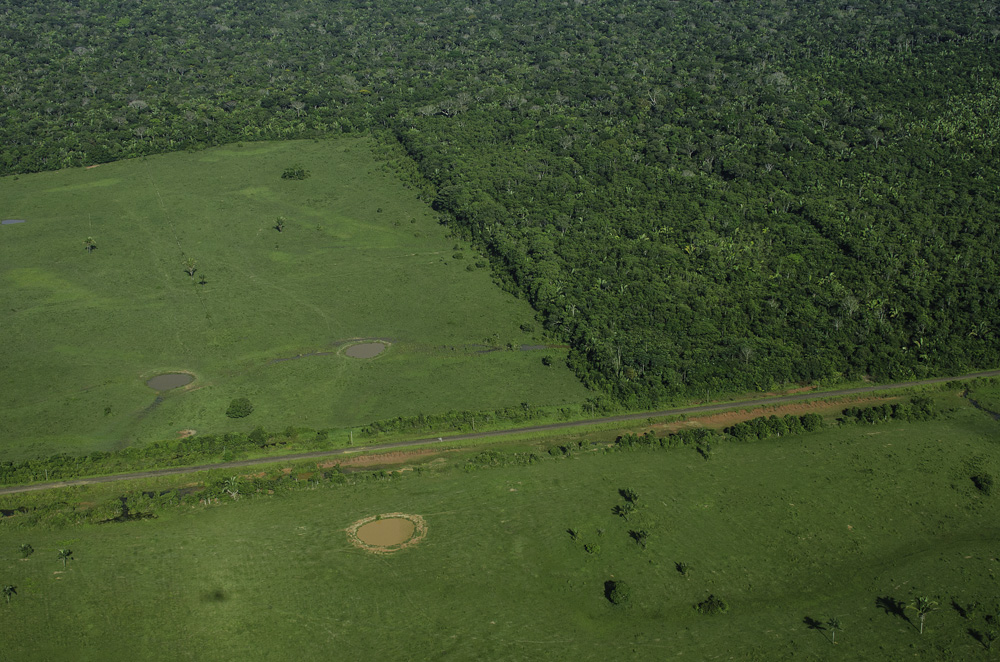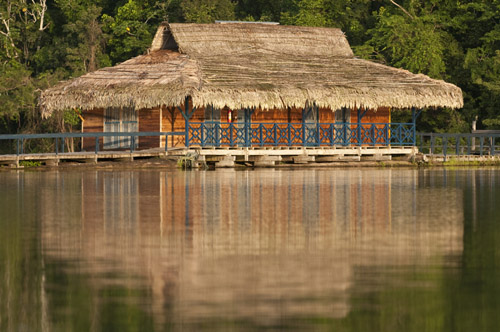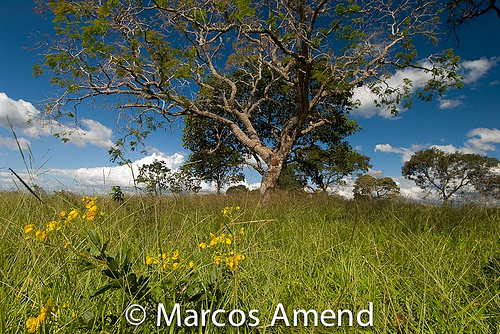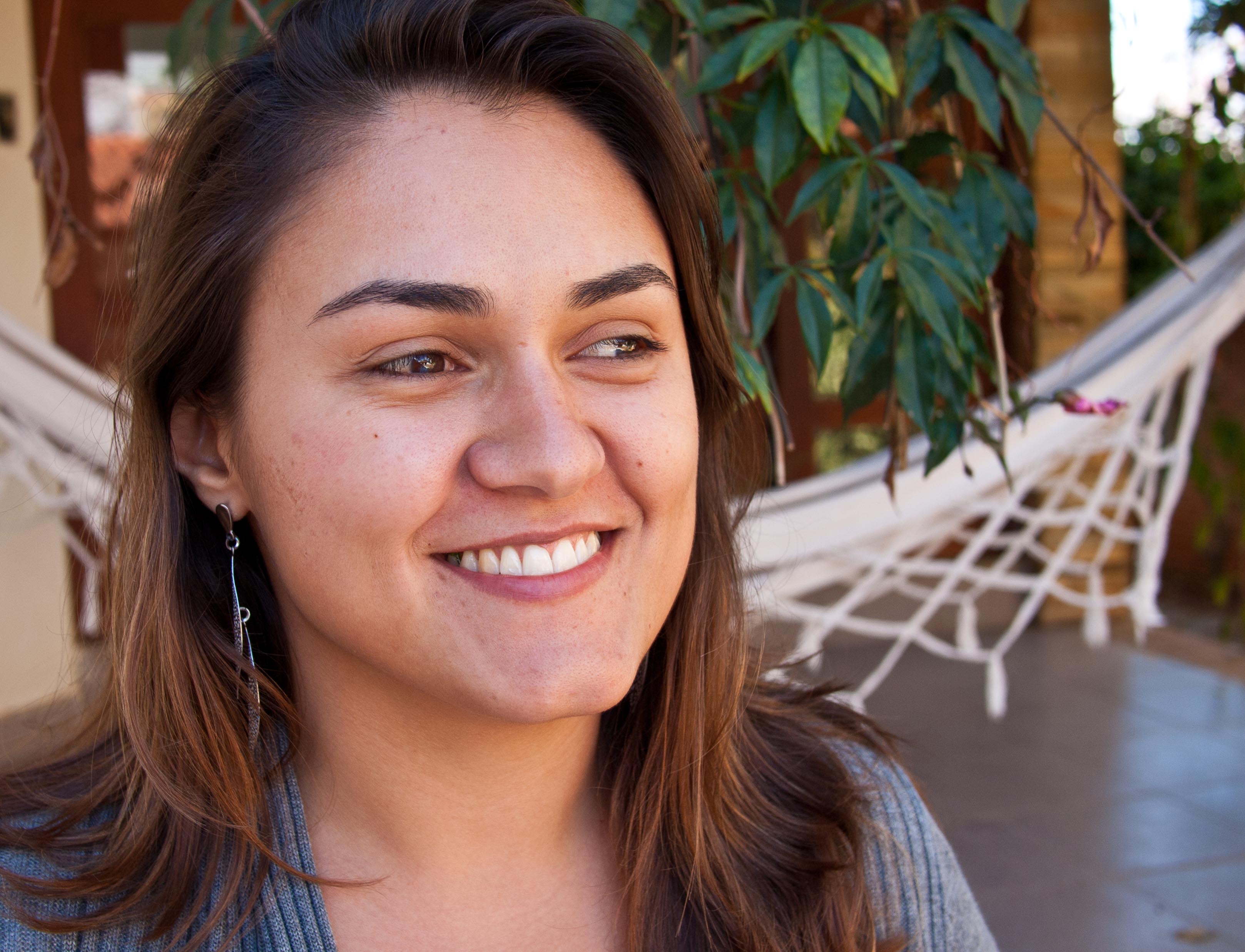News
On November 12th, in Brasília, Brazil, 30 journalists from the Amazonian regional media as well as from the national and international outlets attended an infrastructure-focused workshop organized by CSF-Brasil. These professionals hailed from various organizations including O Eco, IPAM, IMAZON, WWF, and TNC. John Lyons of the Wall Street Journal, Wilson Cabral of Instituto Tecnológico de Aeronáutica, and Paul E. Little, anthropologist and infrastructure expert, were also in attendance. Speakers shared information about the impacts of infrastructure projects on ecosystem services in the Amazon. The event provided a forum to discuss infrastructure project planning as well as key environmental, social, economic and legal issues that need to be understood by society.
Capim dourado means “golden grass” in Portuguese. Whether rooted in soil or pulled from the ground, capim dourado’s thin stems glow with a golden iridescence, and can be woven into bags, hats, baskets and even jewelry. Hundreds of Brazilian artisans in the northern state of Tocantins depend on it for their livelihood.
That doesn't really seem like news. We've known for a long time, intuitively and then empirically, that deforestation happens in places with easier access. Roads in the Amazon and other remote regions have been the most important vectors of deforestation. Farming in places where you can get supplies in and produce out cheaply is economically attractive.
The second year of the Biodiversity Conservation on Public Lands in the Amazon has begun! Between October 22 and November 4, CSF staff conducted their second visit to assess the technical development of business plans in indigenous lands relating to the sale of Brazil nuts, açaí berries, and arapaima fish. In addition, staff collected data on Brazil nut production by the Apurinã indigenous families. They visited associations and organizations in the municipalities of Cacoal, Humaitá Lábrea, and the Caititu indigenous territory. For more information please visit our Projects page.
In October 2012 CSF completed and delivered business plans for Tourism in Indigenous lands (the Paiter-Surui and Parintintin). The plans were part of the Garah Itxa project on Ethnoenvironmental Corridors in the Brazilian Amazon. At the project's closing event, CSF launched a publication with the compilation of the main results of the project. To obtain this publication and learn more about business plans visit our Projects page.
Divulgamos aqui o resultado do processo seletivo para o Curso de Ferramentas Econômicas para a Conservação - Infraestrutura na Amazônia, apoiado pela Gordon and Betty Moore Foundation e USAID.
Foi um processo concorrido devido à quantidade e qualidade dos inscritos. Dessa forma, o critério de seleção levou em conta - além do perfil do candidato - a distribuição geográfica, perfil e segmento das instituições, envolvimento com o tema e gênero.
Temos duas listas de selecionados: uma lista principal e uma lista de espera, em ordem de prioridade. Os candidatos selecionados na lista principal deverão confirmar sua participação até o dia 30 de julho. Caso haja desistências, elas serão preenchidas de acordo com a ordem de prioridade da lista de espera.
LISTRA PRINCIPAL
In April, CSF held the third workshop of the CSF Project for Tourism in Indigenous Peoples' Lands Paiter-Surui and Parintintin. We discussed the final details of tours and infrastructure, the market study data, and the financial viability of the businesses. The project aims at developing a business plan for tourism for each indigenous area. The process of preparing the plan is done in a participatory manner, with decisions made collectively. In addition to discussing the business aspects, the CSF workshops also provide an opportunity to empower indigenous people. As each stage of the project is completed, participants enjoy a greater level of community involvement.
In early December, CSF’s Marcos Amend delivered economics know-how to students in the Professional Masters for Protected Area Managers program run by INPA (National Institute for Amazon Research). The program's objective is to train managers to face the challenges of protected areas management in Amazon region. This is the second time CSF has contributed to the program, which was founded by CSF course graduate Rita Mesquita.
CSF-Brazil analyst Fernanda Alvarenga returned to the Southern Amazonas state last week to help locals complete business plans to sustainably use forest resources. The technical assistance sessions followed a business plan training delivered with CSF's Leonardo Fleck and partners from the FORTIS consortium.

